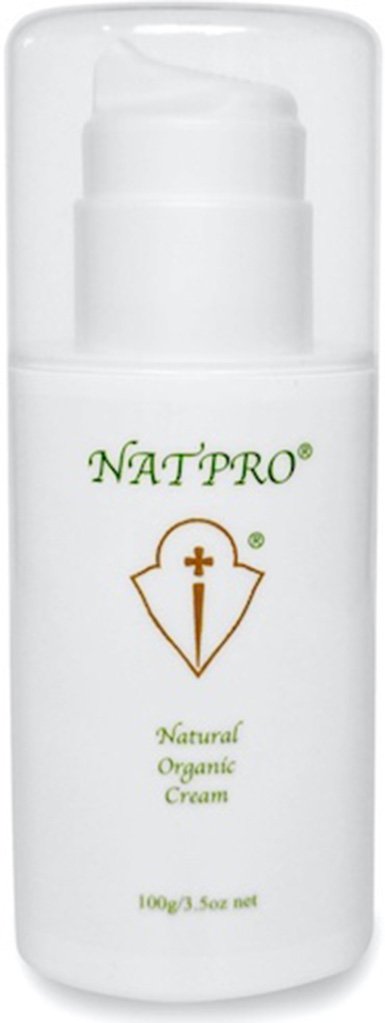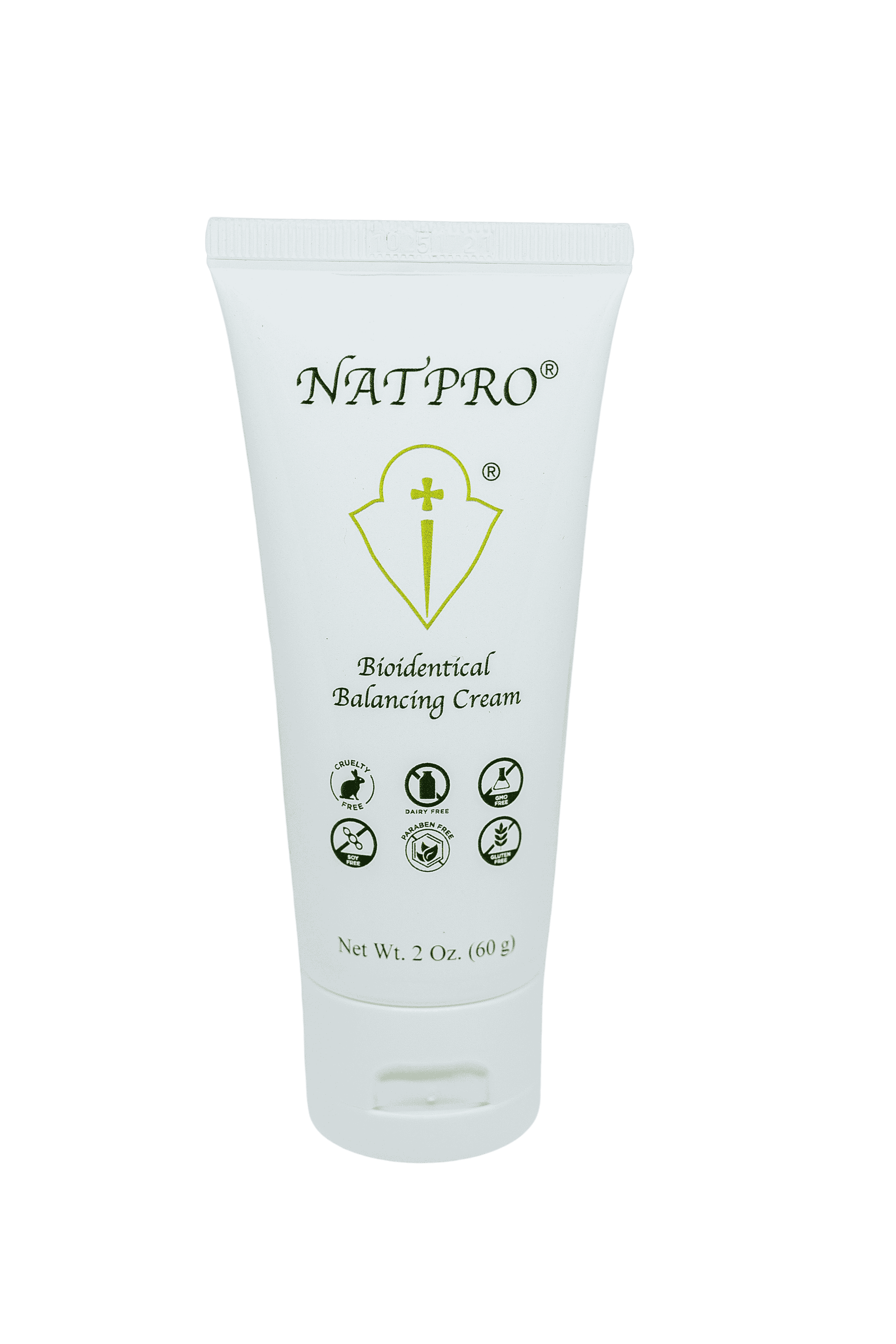Hair Loss and Progesterone
by Linda Otley
(Scotland)
I am 48 years old and perimenopausal. Since the birth of my third child 5 years ago, I have suffered from hair loss, anemia and erratic periods. 18 months ago my FSH and LH levels confirmed that I had entered the perimenopause.
To help with hot flushes, hair loss, depression, lack of sleep my doctor prescribed a low dose HRT (Femoston 1/10). I took HRT for approximately 5 months. Whilst relieving some of the menopausal symptoms, the hair loss continued, as did the anemia. My doctor suggested iron tablets (causing diarrhoea, not pleasant).
Around 2-3 weeks ago, I discovered your site. I cannot describe the relief I felt when reading about Natpro and quickly set about finding a UK supplier. I have subsequently come off the HRT completely and have started 200mg of Natpro per day, along with the Inositol (2000mg) and N-Acetyl Cysteine (600mg, a Vitamin B complex and Flaxeed Oil, whilst still maintaining the slow-release iron tablets with Vitamin C.
So far, I have had no hot flushes (brilliant) and I am sleeping like a baby at night. However, the hair loss is continuing (I know it is early days) and the mood swings are still present. My question is this: is this symptomatic of oestrogen dominance? Has anyone else experienced hair loss and has progesterone helped? My instinct is to tough it out and stick with the cream, especially as my GP could offer nothing more than an appointment for a wig fitting. I would really appreciate your comments and advice!

